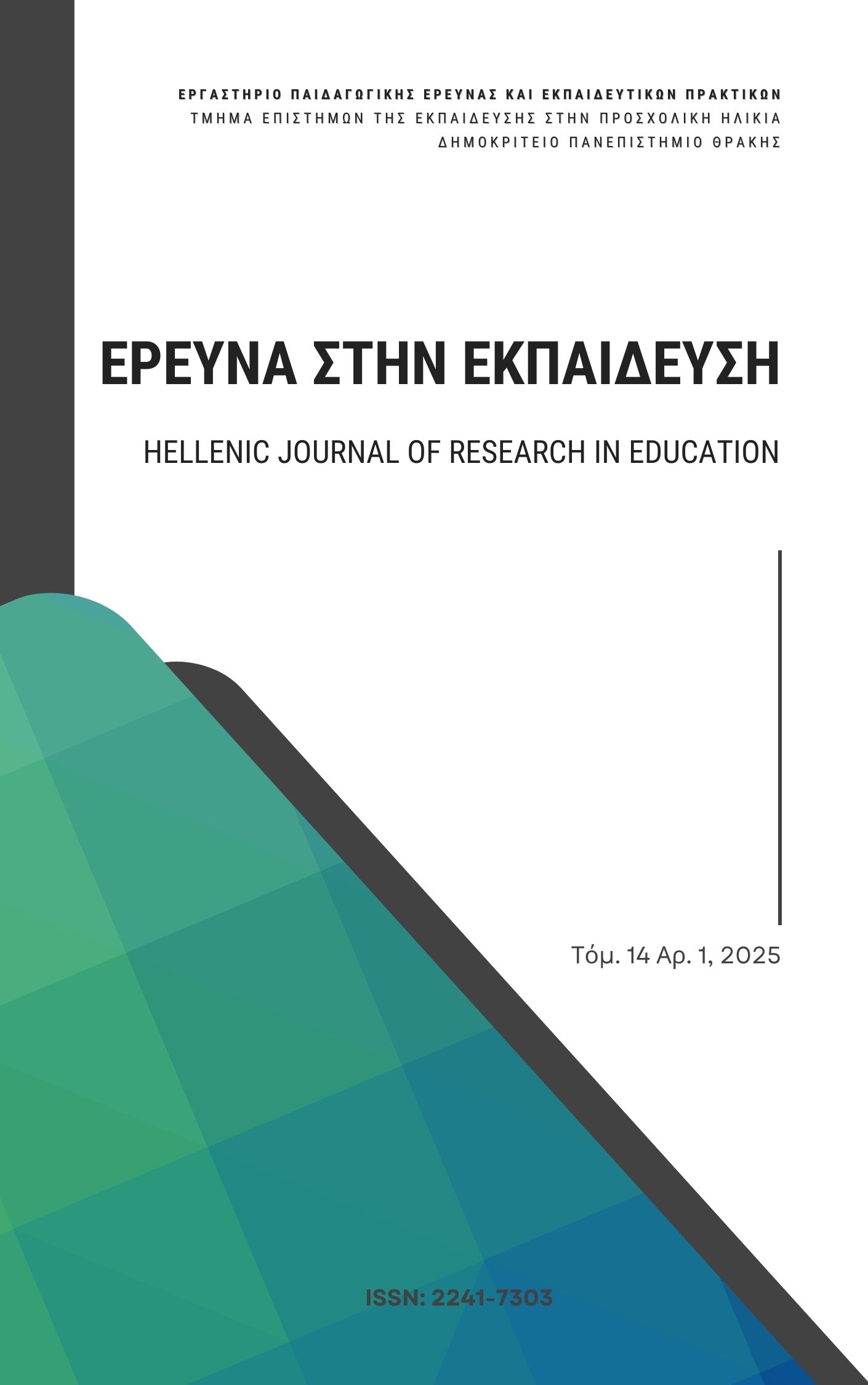Digital textual analysis of linguistic resources using Voyant tools: The case of the ETPE conference proceedings

Abstract
This study investigates the research topics and issues reflected in the conference proceedings of the Hellenic Scientific Association of Information and Communication Technologies in Education (ETPE) from 1998 to 2019, using computational text analysis through the Voyant Tools platform. The aim is to map the thematic focus and its evolution over time, to understand the scientific and pedagogical orientations in the field of ICT in education in Greece. The dataset consisted of 2,610 presentations, which were converted into UTF-8 text and analysed using stopword lists and quantitative tools such as summary, word clouds, terms, collocates, and trends. The results show that the most frequent terms are related to “use,” “teaching,” and “education,” while references to “ICT” gradually increased until recent years, although a quantitative decline is observed, possibly due to the use of alternative terminology (e.g., digital tools). The thematic areas focus on educational software, programming (especially Scratch), instructional scenarios, and subjects such as language, history, science, and mathematics. Notable topics include augmented reality, robotics, STEM workshops, and teacher training. Differences were identified between “general” conferences and “special” Computer Science educational conferences in terms of vocabulary and thematic emphasis. Trend analysis indicates a shift towards more learner-centered approaches, as the “utilisation” of ICT increasingly appears in relation to students. The study concludes that Voyant Tools are a valuable exploratory analysis resource and can also be applied in educational practice, particularly within the framework of “Skills Labs,” to foster digital competencies and introduce students to concepts of digital literacy and digital humanities.
Article Details
- How to Cite
-
Mouratoglou, N., Bikou, A.-K., & Bikos, K. (2025). Digital textual analysis of linguistic resources using Voyant tools: The case of the ETPE conference proceedings. Hellenic Journal of Research in Education, 14(1), 88–106. https://doi.org/10.12681/hjre.42392
- Issue
- Vol. 14 No. 1 (2025)
- Section
- Articles

This work is licensed under a Creative Commons Attribution-NonCommercial-ShareAlike 4.0 International License.
Authors who publish with this journal agree to the following terms:
- Authors retain copyright and grant the journal right of first publication with the work simultaneously licensed under a CC-BY-NC-SA that allows others to share the work with an acknowledgement of the work's authorship and initial publication in this journal.
- Authors are able to enter into separate, additional contractual arrangements for the non-exclusive distribution of the journal's published version of the work (e.g. post it to an institutional repository or publish it in a book), with an acknowledgement of its initial publication in this journal.
- Authors are permitted and encouraged to post their work online (preferably in institutional repositories or on their website) prior to and during the submission process, as it can lead to productive exchanges, as well as earlier and greater citation of published work (See The Effect of Open Access).


